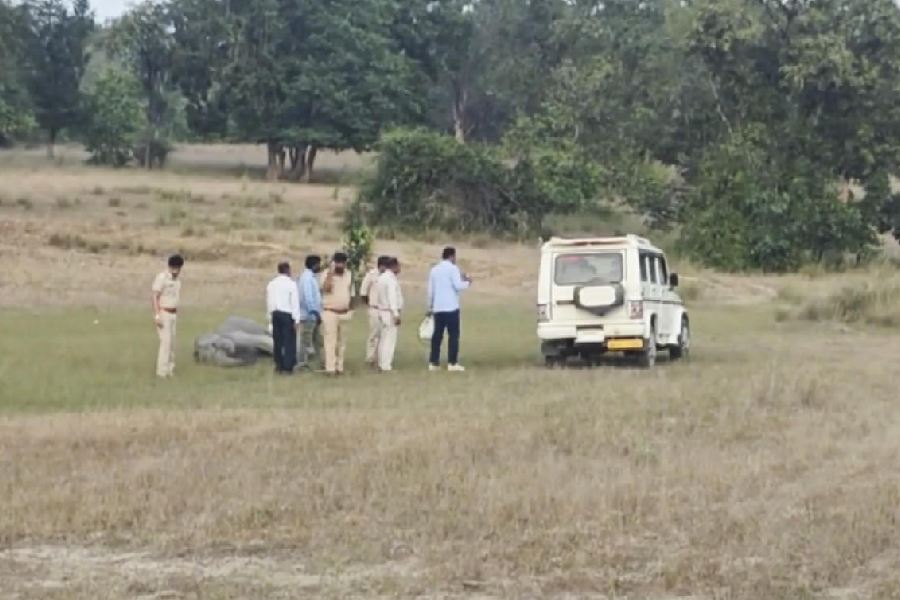Indian wildlife authorities have initiated an investigation into the deaths of 10 elephants in Madhya Pradesh after a preliminary probe indicated the elephants might have consumed a toxin after a millet crop raid, the Union environment ministry said on Saturday.
Forest patrolling staff from Bandhavgarh Tiger Reserve had found four dead elephants and six elephants that were either sick or unconscious on October 29. Despite attempts at treatment, the six elephants also died on October 30 and 31. The 10 dead include one male and nine female elephants.
Preliminary information suggests that the elephants may have died because of poisoning, the ministry said. Tests on blood and samples from the sick elephants have indicated the presence of toxins, the ministry said in a note released on Saturday. “The cause of death shall be ascertained after a thorough enquiry, detailed post-mortem reports, histopathological and toxicological reports, and other corroborative evidence,” the ministry said.
A herd of 13 elephants had raided a kodo millet field near the forest, the ministry said.
Kodo millet is among the hardiest of small millets and is grown in Chhattisgarh, Madhya Pradesh, Maharashtra, Karnataka and Uttar Pradesh. But scientists in the past have documented instances of poisoning caused by a mycotoxin produced by a fungus on the crop.
The Madhya Pradesh state government has set up a five-member state-level committee to enquire into the case and submit a report to the government, the environment ministry said. The state’s tiger strike force has also combed forests and adjoining villages and is conducting an enquiry into the incident.
The Wildlife Crime Control Bureau — a unit under the environment ministry — is also conducting an independent probe, the ministry said. Preventive measures are being taken to avoid the possibility of such incidents. Monitoring of other elephant herds in and around Bandhavgarh reserve has been enhanced.
India lost 528 elephants to train accidents, electrocution, poaching and poisoning over the past five years from 2019-20 through 2023-24, according to data shared by the environment ministry with Parliament earlier this year.
Electrocution accounted for 392 (74.2 per cent), the largest proportion of the casualties over the five years, followed by train accidents that caused 73 (or 13.8 per cent) of the deaths, poaching (50, 9.4 per cent), and poisoning (13, 2.4 per cent.)
Wildlife scientists say 528 deaths over a five-year period might appear to be a small fraction of the country’s estimated 30,000 wild elephant population but such deaths could disrupt herd dynamics, enhancing the potential for more human-elephant conflict.











